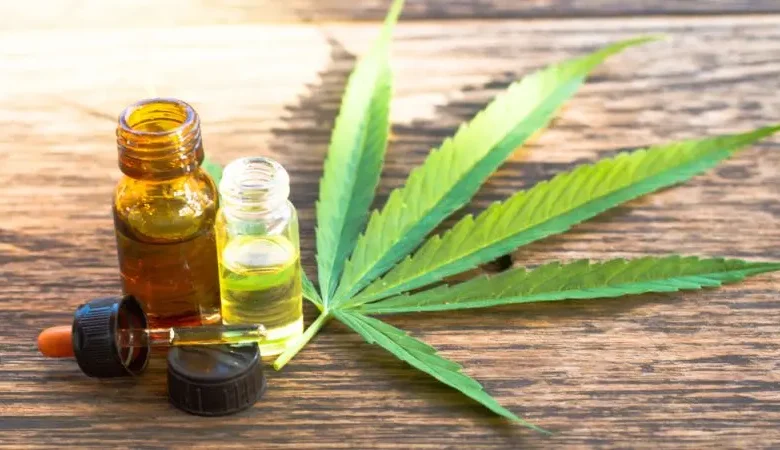Overdosing on Cannabis rise among adults, study reveals

The legalization of cannabis and the popularity of its edible versions is having an unexpected effect: More seniors landing in emergency departments with overdoses.
A new Canadian study found “cannabis poisonings” in the province of Ontario tripled among older users after edibles became legal, compared to the pre-legalization era.
“Overall, this study shows the health outcomes of cannabis legalization and commercialization for older adults and highlights the consequences associated with edible cannabis,” wrote a team led by Dr. Nathan Stall, of the Sinai Health and the University Health Network in Toronto.
The study was published Monday in the journal JAMA Internal Medicine.
In the research, Stall’s group looked at Ontario Ministry of Health data on emergency department admissions for cannabis poisoning for three time periods. The first time period was for before marijuana became legal in the province (January 2015 to September 2018); the second was October 2018 to December 2019, when cannabis was legal but only in the form of dried marijuana; and the third was January 2020 to December 2022, when edibles were also allowed to be sold.
Overall, there were more than 2,300 visits to emergency departments for cannabis poisonings among older adults — people averaging 69.5 years of age — over the three time periods.
But the rate of emergency visits during the initial legalization period was double that of the pre-legalization period, Stall’s team reported, and the rate of emergency visits tripled after edibles became available.
It’s unclear what role edibles played in the sharp rise in poisonings, since access to legal marijuana generally was expanding at the same time, the researchers said.
Still, the odds for accidental ingestion do rise when edibles are around, and the researchers noted that most of these products don’t come with age-adjusted instructions for use.
They pointed out that “older adults are at particularly high risk of adverse effects from cannabis” because of their age, the fact that many take multiple medications that could lead to drug interactions, and any underlying illnesses.
“Jurisdictions with legalized cannabis should consider measures to mitigate unintentional exposure in older adults and age-specific dosing guidance,” Stall and colleagues said.










